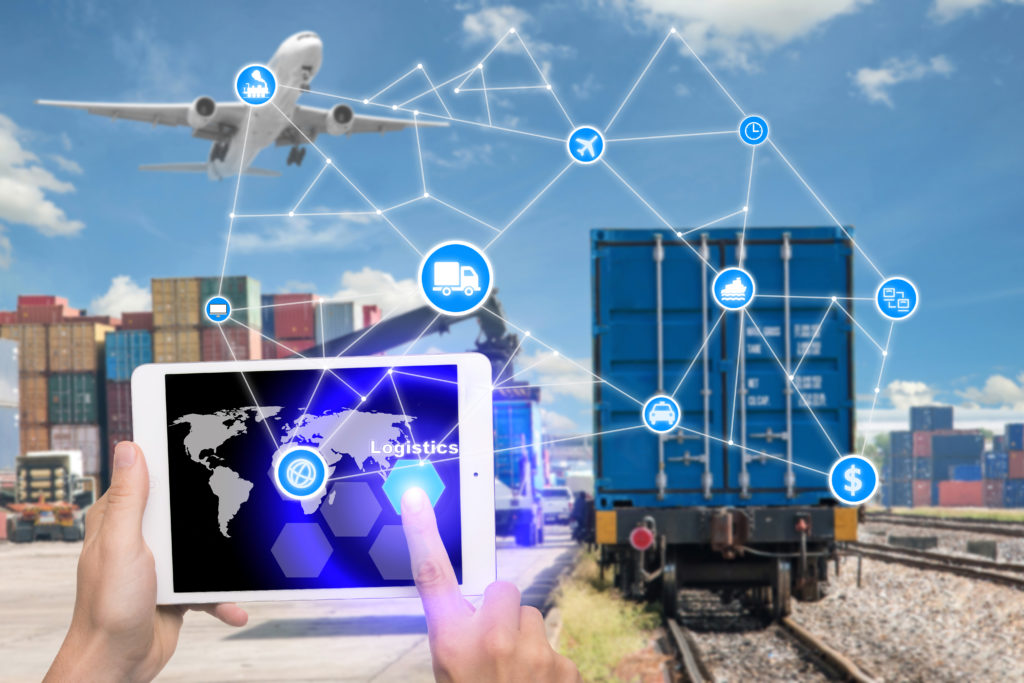
We often hear about the Internet of Things (IoT) in consumer devices, but the IoT is transforming industry as well. From smart warehouses to smart agriculture to retail to environment, there seem to be as many use cases as their are devices and sensors. And all of these devices need power as they collect and share data. To conserve power and efficiency with the wide breadth and sheer magnitude of the IoT, it will be crucial to utilize low-power, low-latency IoT devices. This is especially true for businesses in supply chain management, as these devices will particularly transform the logistics industry.
Delivery and fulfillment companies generally use third-party logistics (3PL) in their operations, which involves a business transporting products and resources through outsourced services. According to Meola (2016), the IoT will impact the following aspects of this process:
- Asset Tracking in Supply Chain Management: Whereas freight and shipping companies have previously tracked and managed inventory using barcode scanners, IoT solutions (such as RFID tags) are beginning to offer more valuable data and make these scanners obsolete.
- Inventory and Warehouse Management: In addition to RFID tags, logistics companies are using more internet-connected and satellite trackers to track specific items as they travel to their destination. Bluetooth tags and beacons allow tracking in smaller areas; retailers tend to use them for monitoring customer traffic and customizing marketing messages.
- Fleet Management: IoT solutions using GPS and other tracking technologies provide real-time data on where vehicles are located and how they are operating. These solutions carry the potential to impact physical asset movement and delivery, consumer transportation, and field-service vehicles.
Combining the capability of IoT devices with low-power, low-latency attributes means longer-lasting devices as well as more reliable and more efficient analytics. More efficient analytics means more powerful customer support services and greater revenue. Wake-Up Radio from IEEE 802.11ba standards task group provides a low-power, low-latency solution that may be critical to IoT devices and sensors developed for the logistics industry.
You can read more about Wake-Up Radio and how to utilize this technology with IoT devices your organization develops in the IEEE Technology Report on Wake-Up Radio: An Application, Market, and Technology Impact Analysis of Low-Power/Low-Latency 802.11 Wireless LAN Interfaces, coming soon!
References:
Meola, A. (2016, Dec. 21). How IoT logistics will revolutionize supply chain management. Business Insider.


No comments yet.